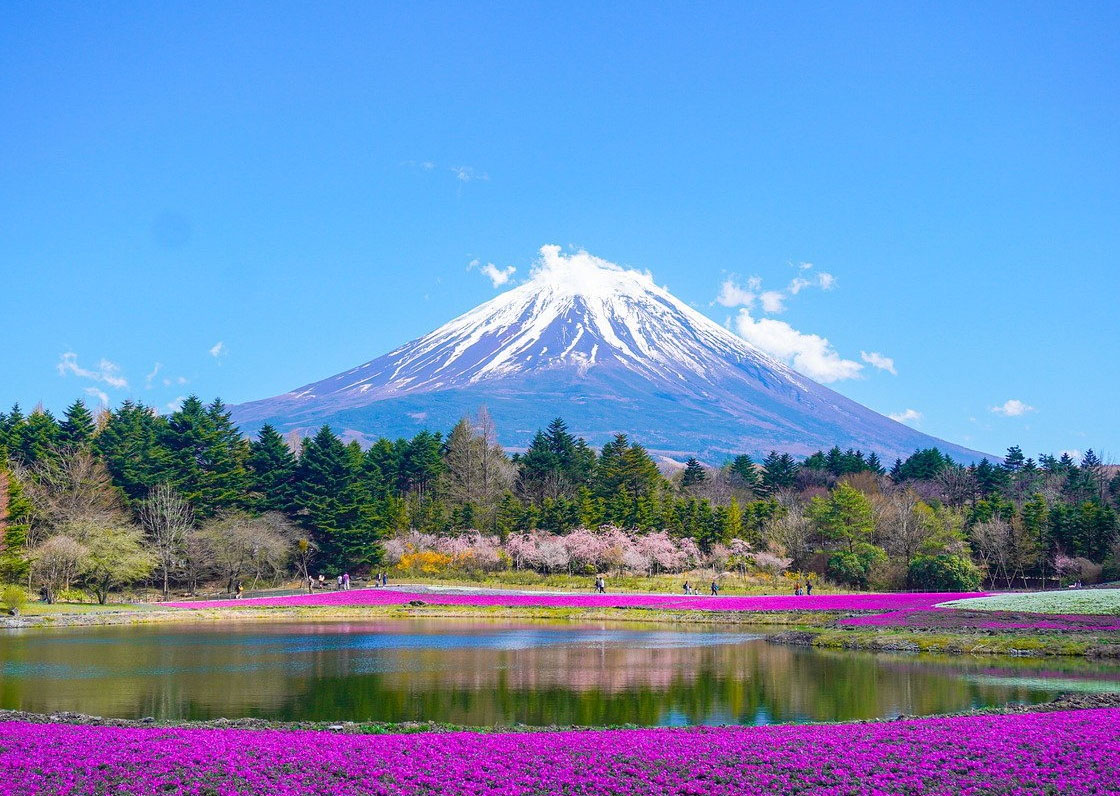
Photo Credit: Getty Images
For the first time in 130 years, Japan's iconic Mount Fuji has reached late October without a trace of snowfall on its summit. This unprecedented delay has been attributed to unusually warm temperatures throughout Japan, which recently experienced its joint hottest summer on record. While snow typically dusts the mountain by early October, this year's persistent warmth has kept temperatures above freezing, preventing the snowfall that typically marks the beginning of winter on the 3,776-meter (12,460 ft) peak.
Weather experts, including Yutaka Katsuta of the Kofu Local Meteorological Office, report that Japan's recent high temperatures have been influenced by the subtropical jet stream's unusual position, which allowed warm southerly air to flow northward. Nearly 1,500 locations experienced "extremely hot" days last month, with temperatures hitting 35°C (95°F) or higher.
The delay in Mount Fuji's snowcap aligns with global climate change predictions, as rising temperatures impact seasonal weather patterns. While this single event cannot conclusively be tied to climate change, Katsuta notes that it is consistent with experts' expectations in a warming world. As October draws to a close, there is still no sign of snow on the summit, making it the longest delay on record since observations began in 1894.
















